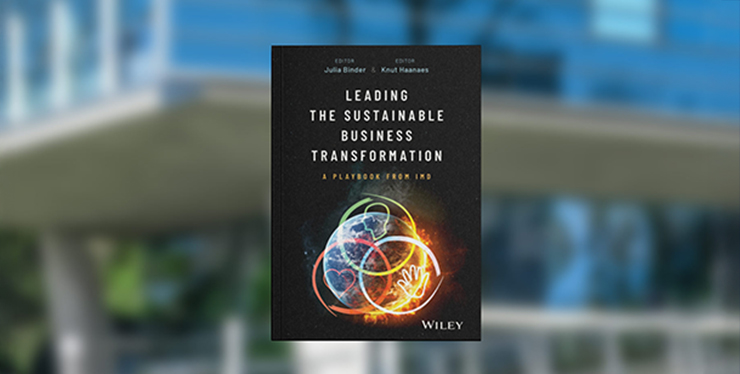Tesco: Delivering the goods (A)
The two parts of this case (A & B) explore how Tesco became a high performance organization. Case A focuses on how, between 1992 and 2005, Tesco transformed itself from an unremarkable domestic chain into a leading international retail group. Domestically, Tesco’s market share grew almost as big as its next two nearest competitors put together. It used its strong home base to expand globally and ended up with more retail space overseas than in the UK. It did not grow big by acquiring competitors – though it took over some smaller businesses that enabled it to extend its range of formats to include convenience stores. Rather, it thrived by spotting social trends and reacting swiftly to them. Its loyalty card scheme (Clubcard) represented a success story in itself, providing Tesco with unrivalled understanding of its customers’ shopping habits. Yet the Clubcard was merely one component of a wider philosophy of listening to customers and ensuring that procurement was consumer-led. Case A looks at how Tesco developed these capabilities and how it worked to increase its lead by ensuring that its goods remained desirable, affordable and available. In the process, its brand became one of the most trusted in Britain. Combined with best-in-class understanding of its customers, this enabled Tesco to move into areas, including financial services, which others thought they owned. By 2005, it seemed that nothing could stop the Tesco juggernaut. So what were the drivers of this continuous innovation and expansion into new areas? And what, if anything, could threaten Tesco’s run of success?
This case is intended to help instructors explore various aspects of Tesco’s transformation into a high performance organization: 1) Aligning mission, vision, strategy and values; 2) Using multiple levers to drive organizational change; 3) Creating a culture of continuous improvement; 4)Developing an obsession with understanding and responding to customer needs; 5) Creating a healthy sense of self-confidence while maintaining dissatisfaction with the status quo; 6) Ensuring that the top management team sets the right example; 7) Protecting and nurturing managerial bandwidth.
1992-2005
Cranfield University
Wharley End Beds MK43 0JR, UK
Tel +44 (0)1234 750903
Email [email protected]
Harvard Business School Publishing
60 Harvard Way, Boston MA 02163, USA
Tel (800) 545-7685 Tel (617)-783-7600
Fax (617) 783-7666
Email [email protected]
NUCB Business School
1-3-1 Nishiki Naka
Nagoya Aichi, Japan 460-0003
Tel +81 52 20 38 111
Email [email protected]
IMD retains all proprietary interests in its case studies and notes. Without prior written permission, IMD cases and notes may not be reproduced, used, translated, included in books or other publications, distributed in any form or by any means, stored in a database or in other retrieval systems. For additional copyright information related to case studies, please contact Case Services.
Research Information & Knowledge Hub for additional information on IMD publications
- Tesco: Delivering the goods (A)
- Tesco: Delivering the goods (B)
- Tesco: Delivering the goods (A)
- Tesco: Delivering the goods (B)
Research Information & Knowledge Hub for additional information on IMD publications
Research Information & Knowledge Hub for additional information on IMD publications
Officially, brands executives continue to display confidence that big luxury will shrug off the 2024 downturn as a cyclical one. They see it as the product of the combined collapse of real estate prices in China and a return to normalcy after the ...
Research Information & Knowledge Hub for additional information on IMD publications
in I by IMD
Research Information & Knowledge Hub for additional information on IMD publications
Research Information & Knowledge Hub for additional information on IMD publications
Research Information & Knowledge Hub for additional information on IMD publications
Research Information & Knowledge Hub for additional information on IMD publications
in I by IMD 8 January 2025
Research Information & Knowledge Hub for additional information on IMD publications
Research Information & Knowledge Hub for additional information on IMD publications
in I by IMD
Research Information & Knowledge Hub for additional information on IMD publications
in Binder, Julia Katharina (Ed.); Haanaes, Knut Bjarne (Ed.) / Leading the sustainable business transformation: A playbook from IMD, pp. 59-62 / Hoboken: Wiley, 2025
Research Information & Knowledge Hub for additional information on IMD publications
in Binder, Julia Katharina (Ed.); Haanaes, Knut Bjarne (Ed.) / Leading the sustainable business transformation: A playbook from IMD, pp. 1-7 / Hoboken: Wiley, 2025
Research Information & Knowledge Hub for additional information on IMD publications







